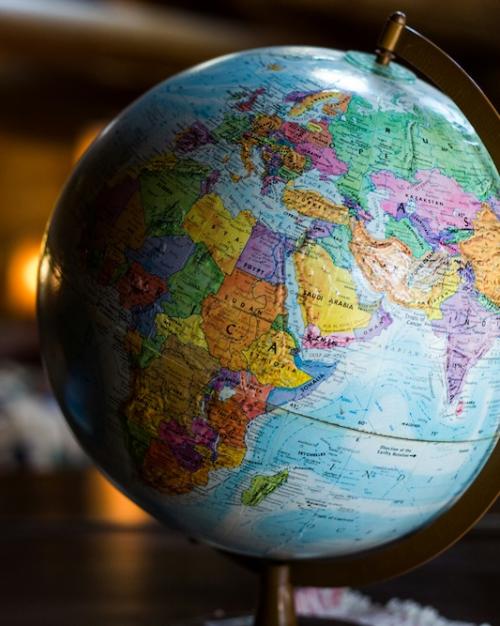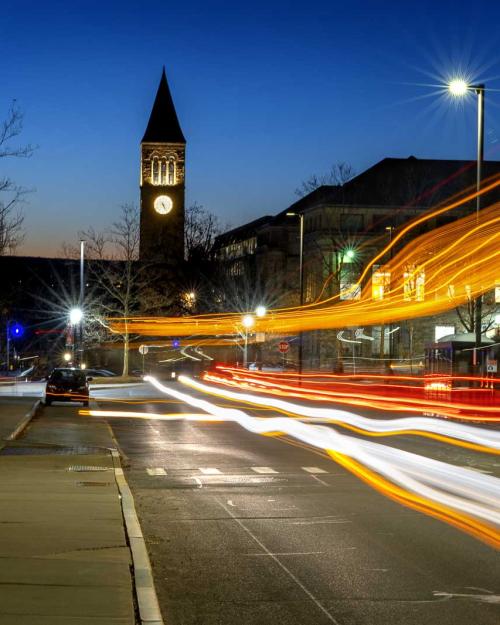Eleven outstanding early-career scholars have been chosen as the 2025 cohort of Klarman Postdoctoral Fellows, the College of Arts and Sciences has announced. They will pursue research in sciences, social sciences, and humanities.
The incoming Fellows will be the sixth cohort of Klarman Fellows since the program was launched in 2019 with a major gift from Seth Klarman ’79 and Beth Schultz Klarman; the program was expanded in 2023.
“I am delighted to welcome these remarkable scholars to Cornell,” said Peter John Loewen, the Harold Tanner Dean of Arts and Sciences. “Working together with members of our world-class faculty, Klarman Fellows illustrate what brilliant minds can do given the time, opportunity and the right environment to break through a challenge or create something new. The Klarman Fellows program has enriched the College immeasurably, thanks to the foresight and generosity of Seth and Beth Klarman.”
Independent research is the priority for Klarman Fellows, who work without specific grant requirements. They do not have to teach, although some choose to. Each Fellow works closely with a faculty host and many develop ties with multiple departments or other colleges as they pursue their unique and often highly interdisciplinary projects. The Fellowship provides generous research and travel support for multiple years.
The cohort of 2025 Klarman Fellows
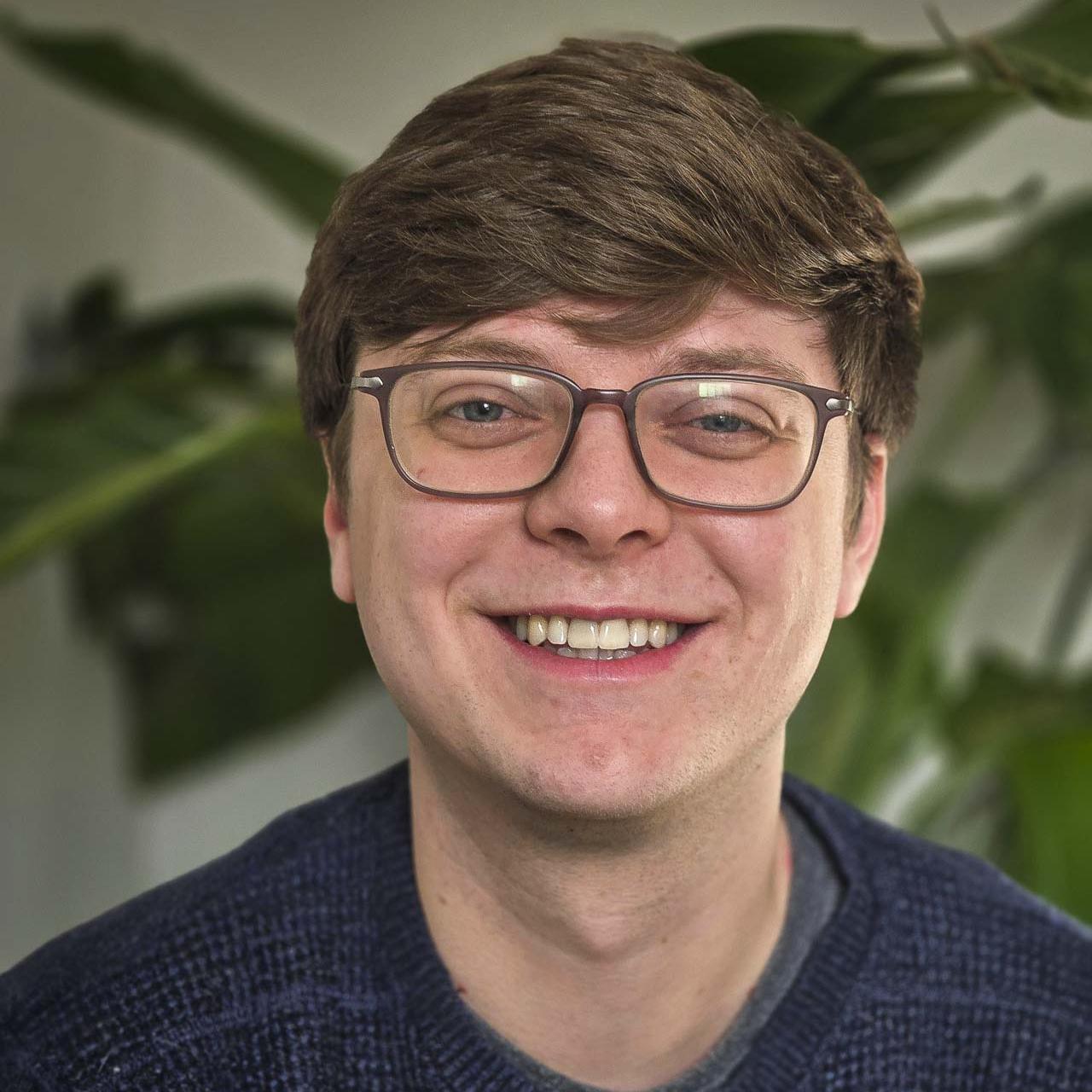 | Kendall Artz is a doctoral candidate in American studies at William and Mary. Artz’s research examines a purportedly mixed-race group in Western Louisiana called the Redbones, considering how Redbone racial difference, which is largely imperceptible to outsiders, is identified by locals familiar with regional racial markers including surname, geography, and socioeconomic class. Artz argues that the perception of phenotypical difference is colored by the ideological lens of race and highlights the interpersonal construction of race that takes place every day in the U.S. Artz’s faculty host is Michell Chresfield, assistant professor in the Africana Studies and Research Center. |
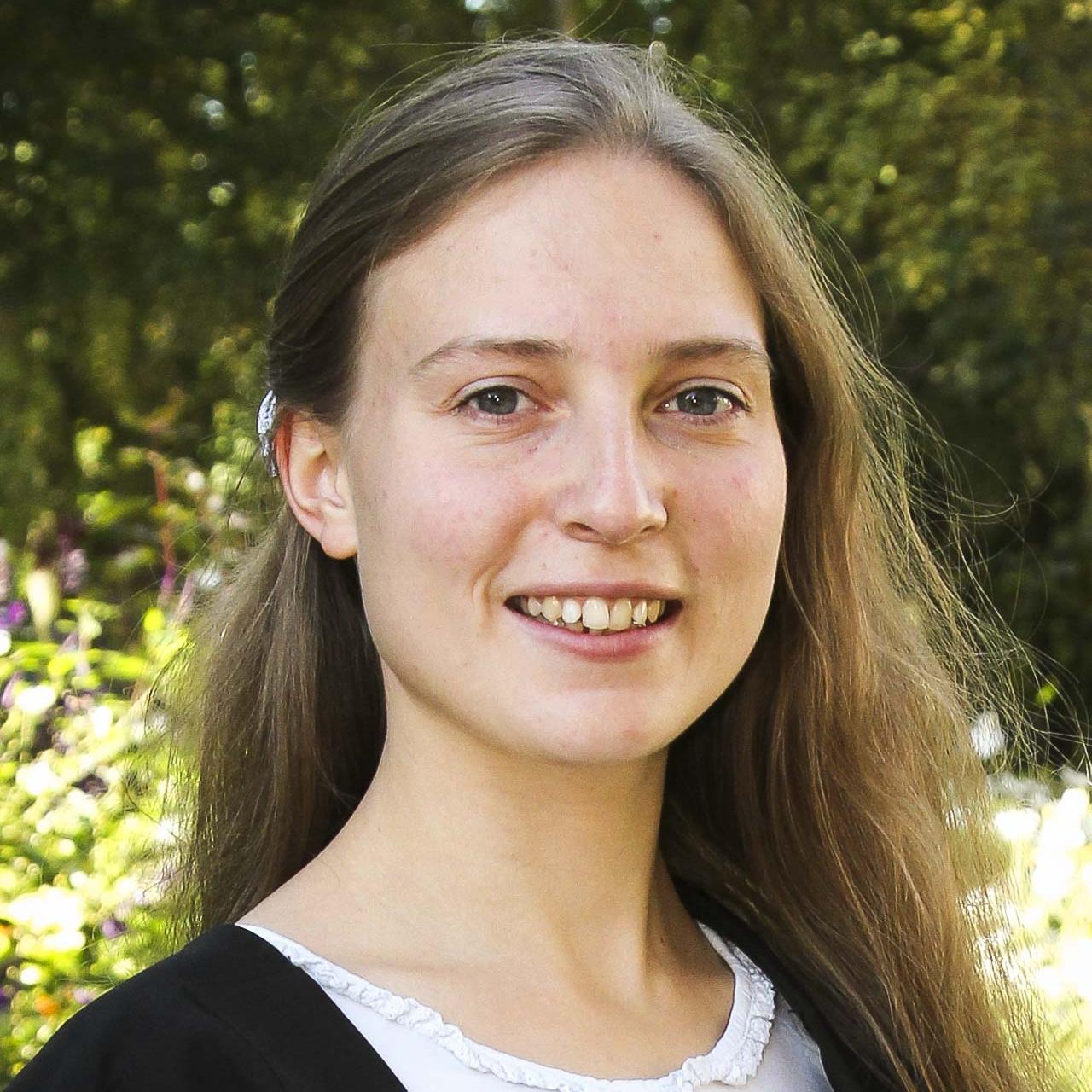 | Tatiana Bebchuk is a doctoral candidate in geography at the University of Cambridge who studies climate and environmental changes of the past. She uses relict, well-preserved trees, to develop high-resolution climate reconstructions and place recent warming in a long-term context of climate natural variability. At Cornell, Bebchuk will focus on the “4.2ka event,” abrupt climate changes that occurred circa 4,200 years ago and are believed to have contributed to the decline of several ancient civilizations. She will reconstruct climate conditions for the North Atlantic and the Middle East, aiming to unveil the causes and better understand societal consequences of this highly-debated climate event. Bebchuk’s faculty host is Sturt Manning, Distinguished Professor of Arts and Sciences in classics. |
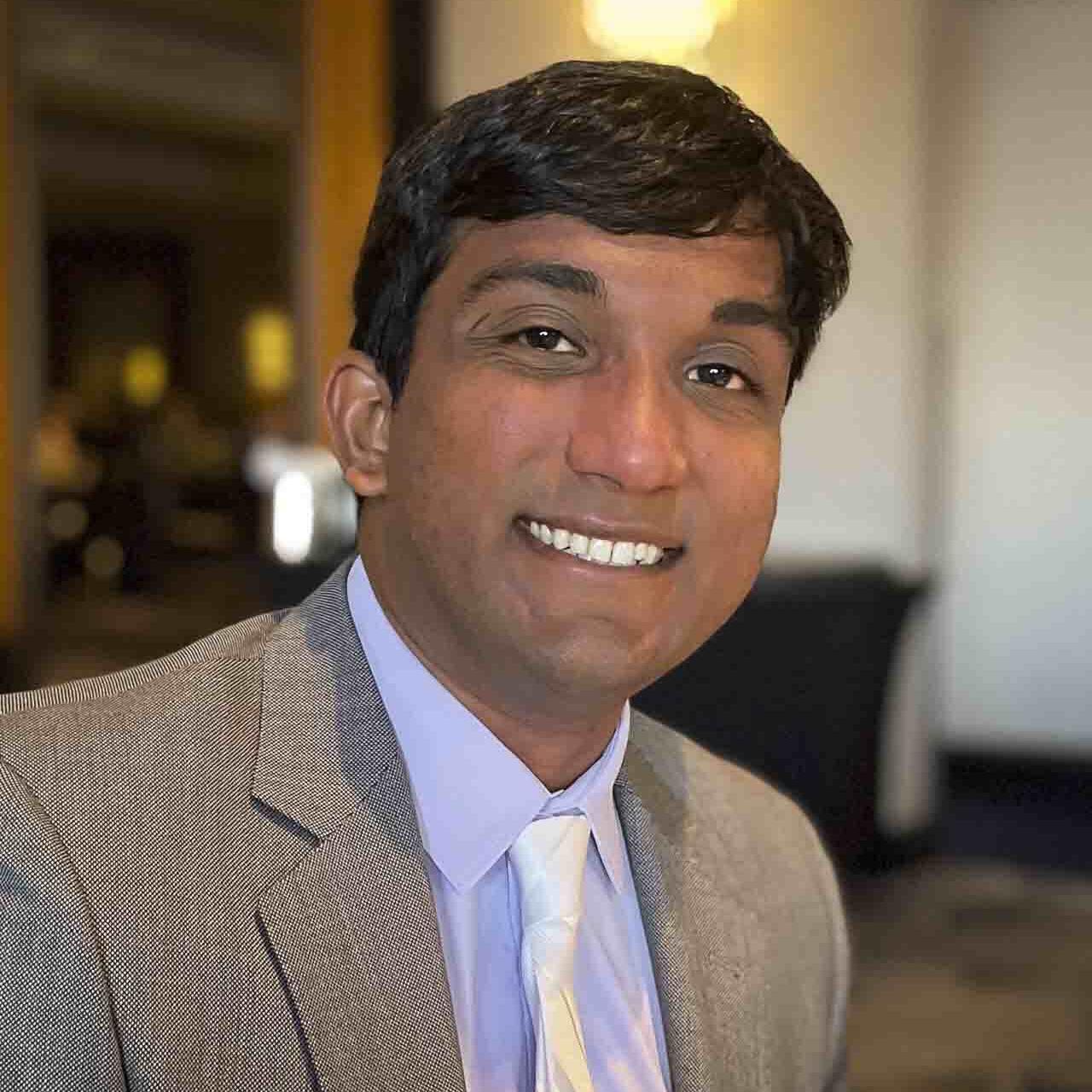 | Rahul Jayaraman is a doctoral candidate in physics at the Massachusetts Institute of Technology, with a focus on astrophysics. His research project proposes to use all-sky data collected from ground-based survey telescopes and space-based observatories, leveraging their synergies to characterize the early-time behavior of some of the most enigmatic classes of transient astrophysical events: gamma-ray bursts and the newly-discovered class of “Fast Blue Optical Transients.” Both classes of transients are thought to result from the deaths of massive stars, although the moment of explosion and its immediate aftermath remain poorly understood. Studying these transients will yield insights into the final moments of massive stars and the environments surrounding them. His faculty host is Anna Y. Q. Ho, assistant professor of astronomy. |
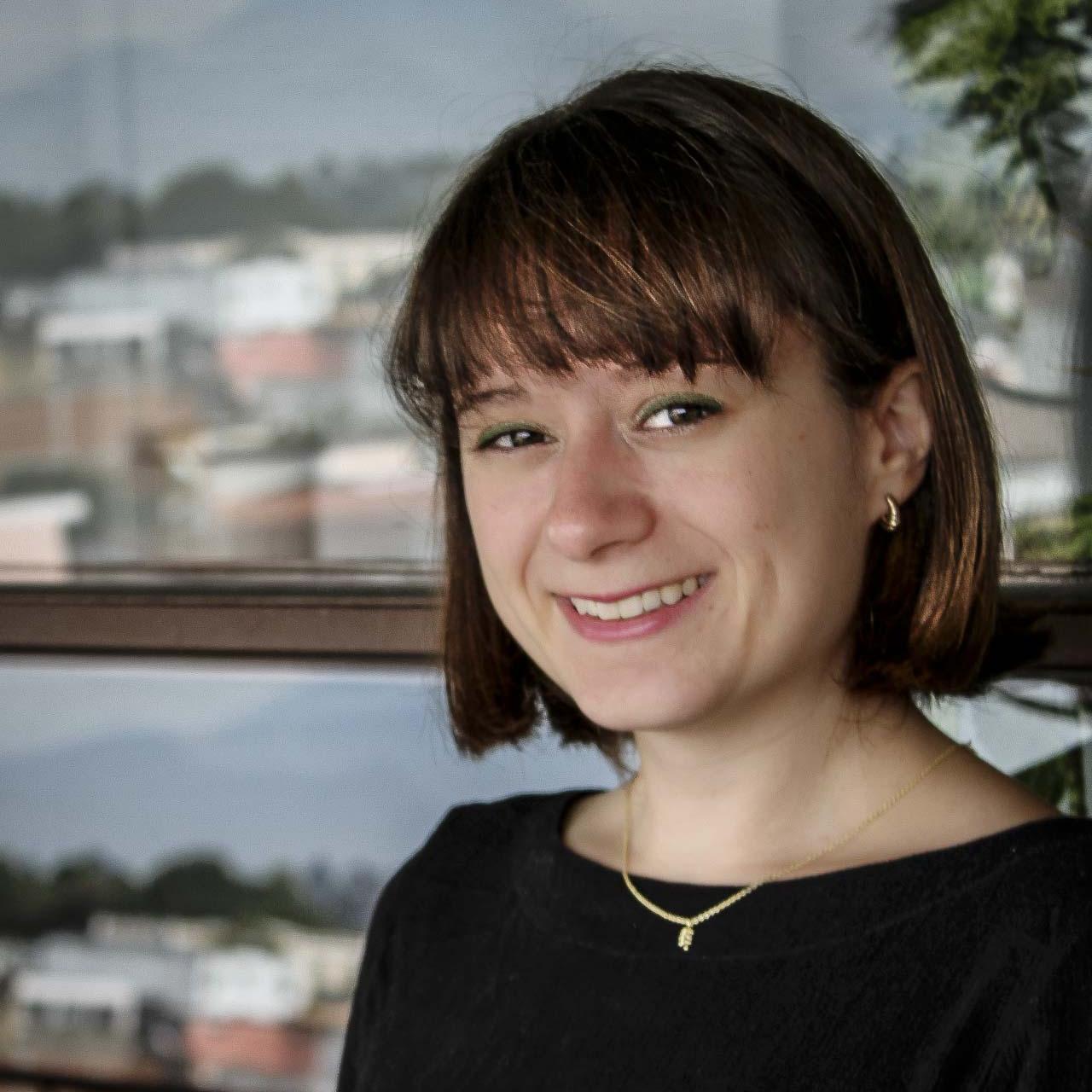 | Polly Lauer is a doctoral candidate in history at Yale University. Her collaborative research documents how Indigenous media makers wielded communications technologies to defend language, community and autonomy through periods of extreme violence and repression, specifically tracing how Maya K’iche’ broadcasters in Guatemala contended with and overcame complex crises. Her faculty hosts are Carolyn Fornoff, assistant professor of Romance studies and Raymond Craib, the Marie Underhill Noll Professor of History. |
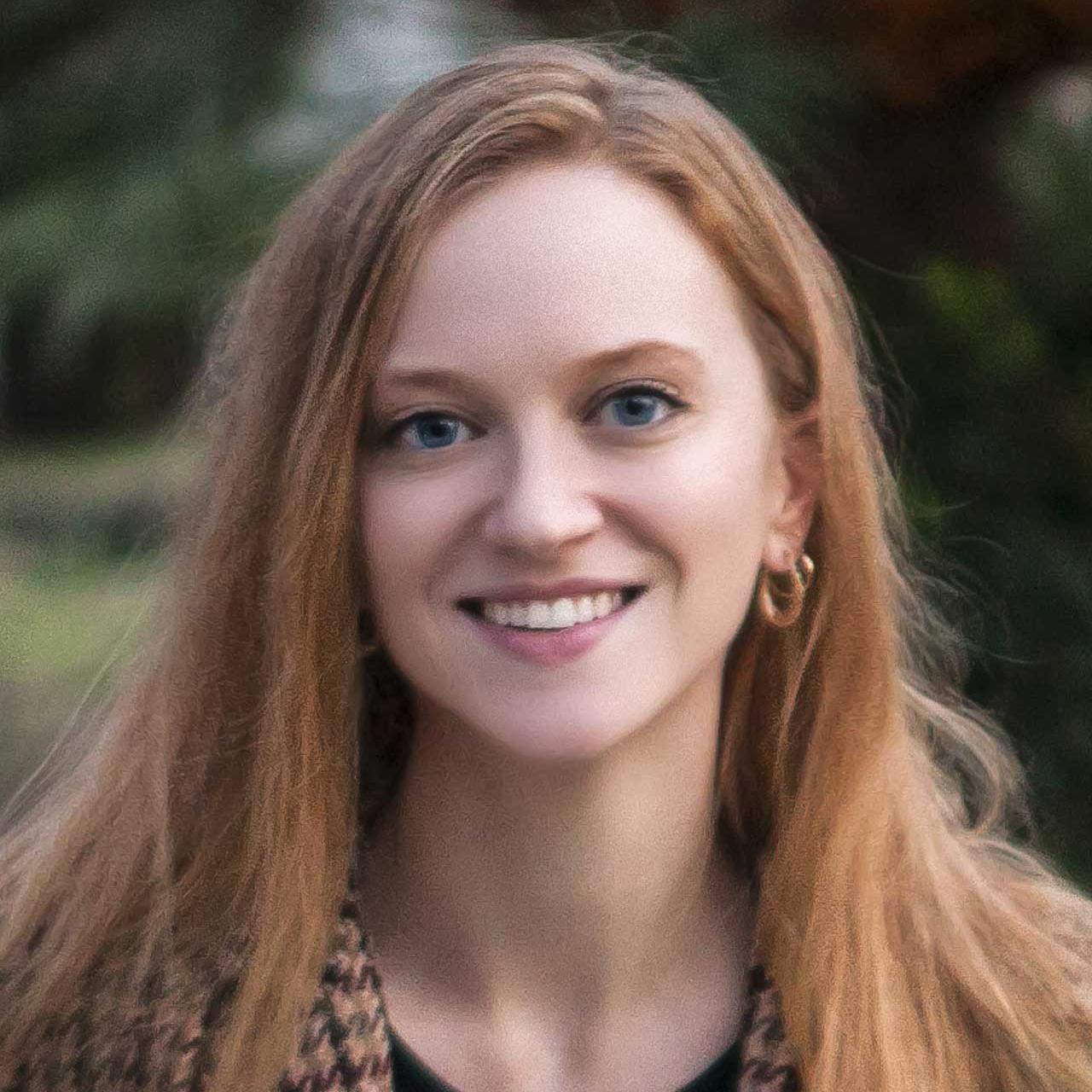 | Stephanie Leitzel is a doctoral candidate in history at Harvard University. Her book project examines early globalization and capitalist development through the uniquely revealing lens of color, focusing on natural dyes – plants, insects, and minerals – that were the most global raw materials used in European textile industries. Her faculty advisor is Ernesto Bassi, associate professor of history. |
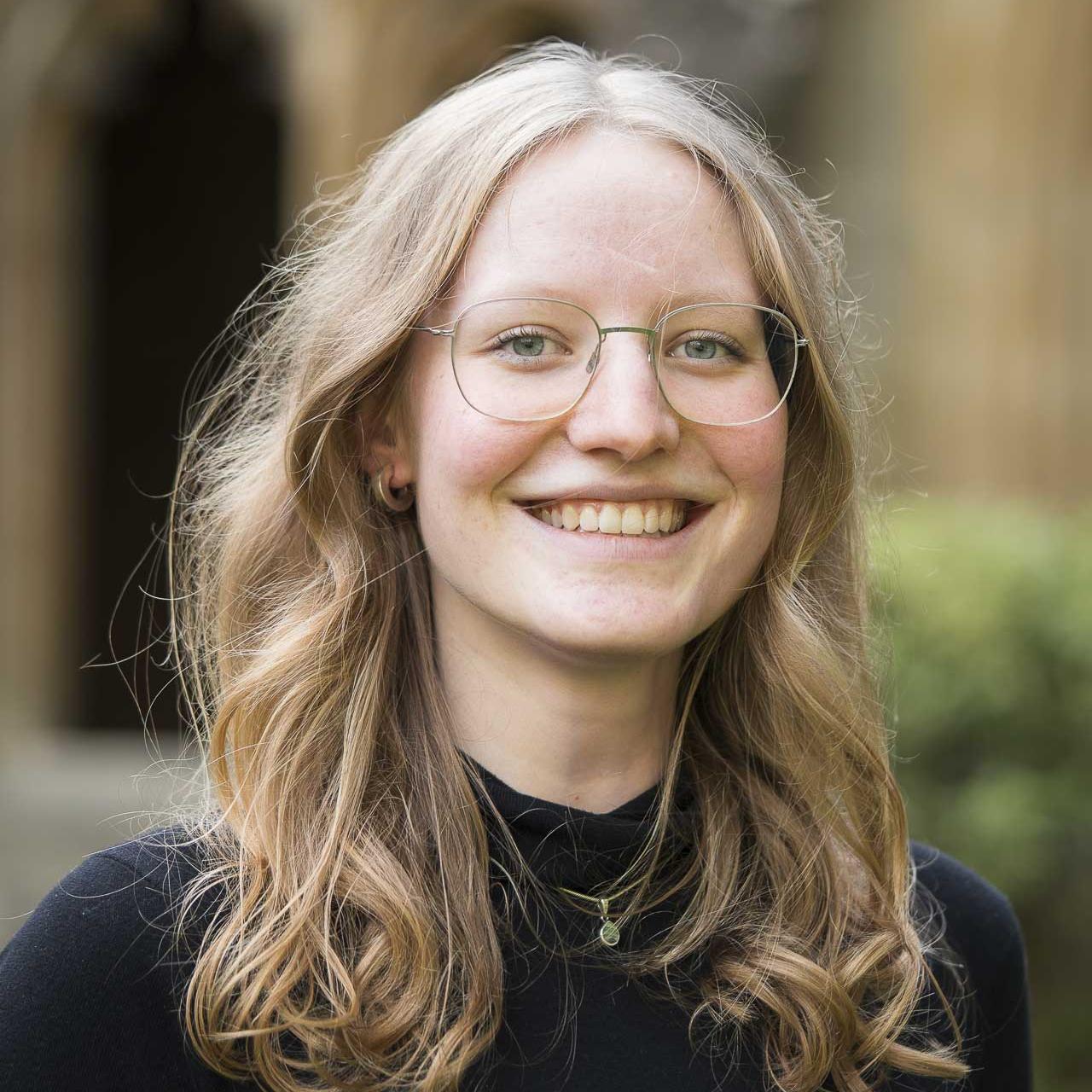 | Annina Lieberherr is a doctoral candidate in chemistry at the University of Oxford. She is working on formulating a quantum version of transition path theory which is used to calculate chemical reaction rates, testing it on model potentials and applying it to study enzymatic reactions. This work will enable the calculation of rates of electron, proton, and energy transfer which are key to understanding a diverse set of processes, including enzyme catalysis and ion transport through polymer electrolytes. Her faculty host is Nandini Ananth, associate professor of chemistry and chemical biology and her co-host is Erik Thiede, assistant professor of chemistry and chemical biology. |
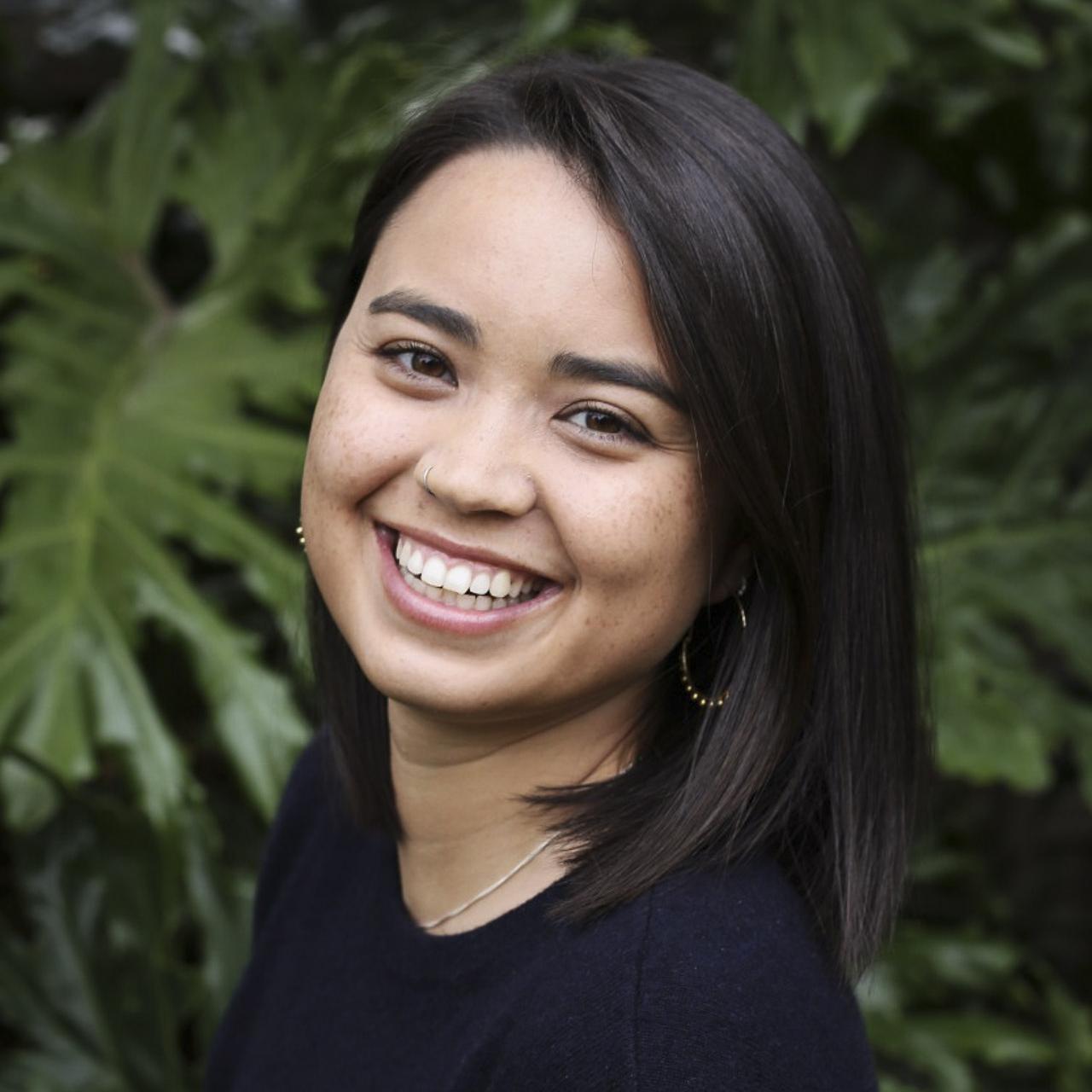 | Whitney McIntosh is a doctoral candidate in history at Columbia University. Her research traces how American libertarians developed an individualist philosophy, free-market policies, and powerful anti-statist politics in the late 20th century. She demonstrates how libertarians have dismantled the state in a variety of ways, from privatization of the federal government to the creation of cryptocurrency. Her faculty host is Lawrence Glickman, the Stephen and Evalyn Milman Professor in American Studies and her co-host is Julilly Kohler-Hausmann, associate professor of history. |
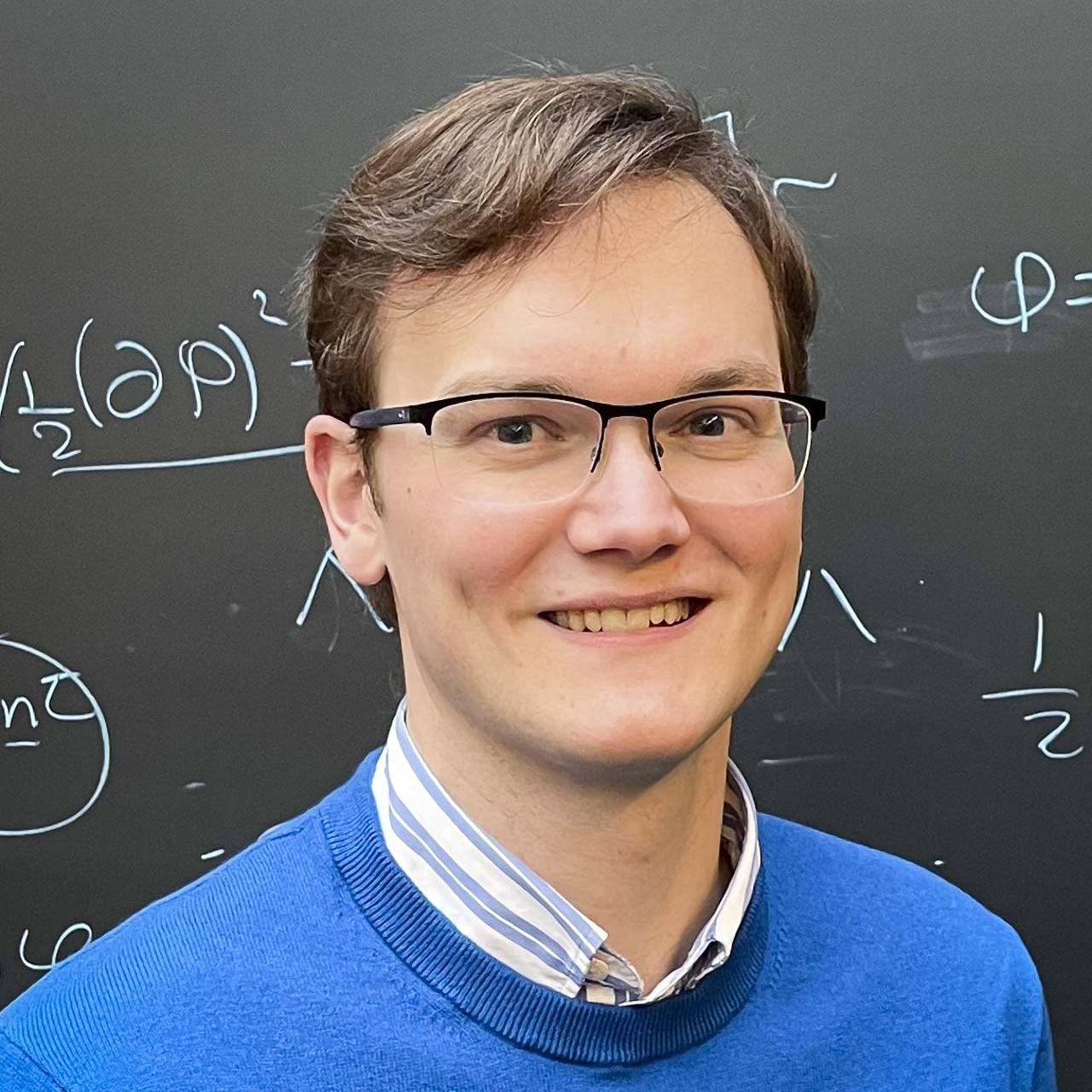 | Arthur Platschorre is a doctoral candidate in theoretical physics at the University of Oxford. Platschorre’s research is aimed at applying generalized symmetries – powerful new theoretical tools – to current models of new particles in order to identify well-motivated pathways for experiments in particle physics. His projects include work on the axion, a promising candidate for resolving several shortcomings of the Standard Model of particle physics. His faculty host is Csaba Csáki, the John A. Newman Professor of Physical Sciences. |
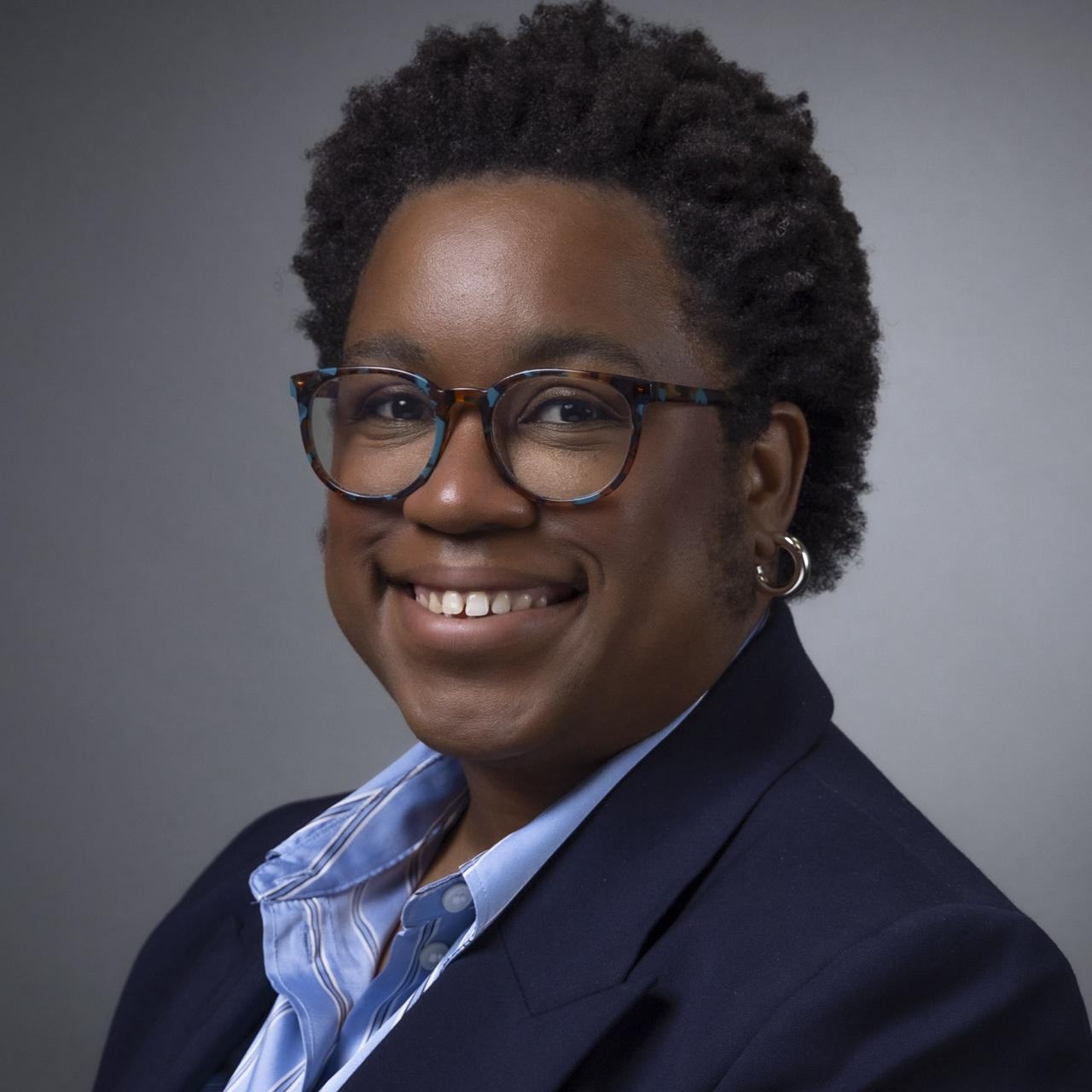 | Taylor Vincent is a doctoral candidate in government at the University of Maryland. Vincent’s research addresses questions related to civil conflict and political violence, with a focus on the gendered consequences of civil war. Her book project speaks directly to the growing literature on gender and conflict, centering on the variation of women’s status in countries emerging from civil war. Her faculty host is Sabrina Karim, associate professor of government. |
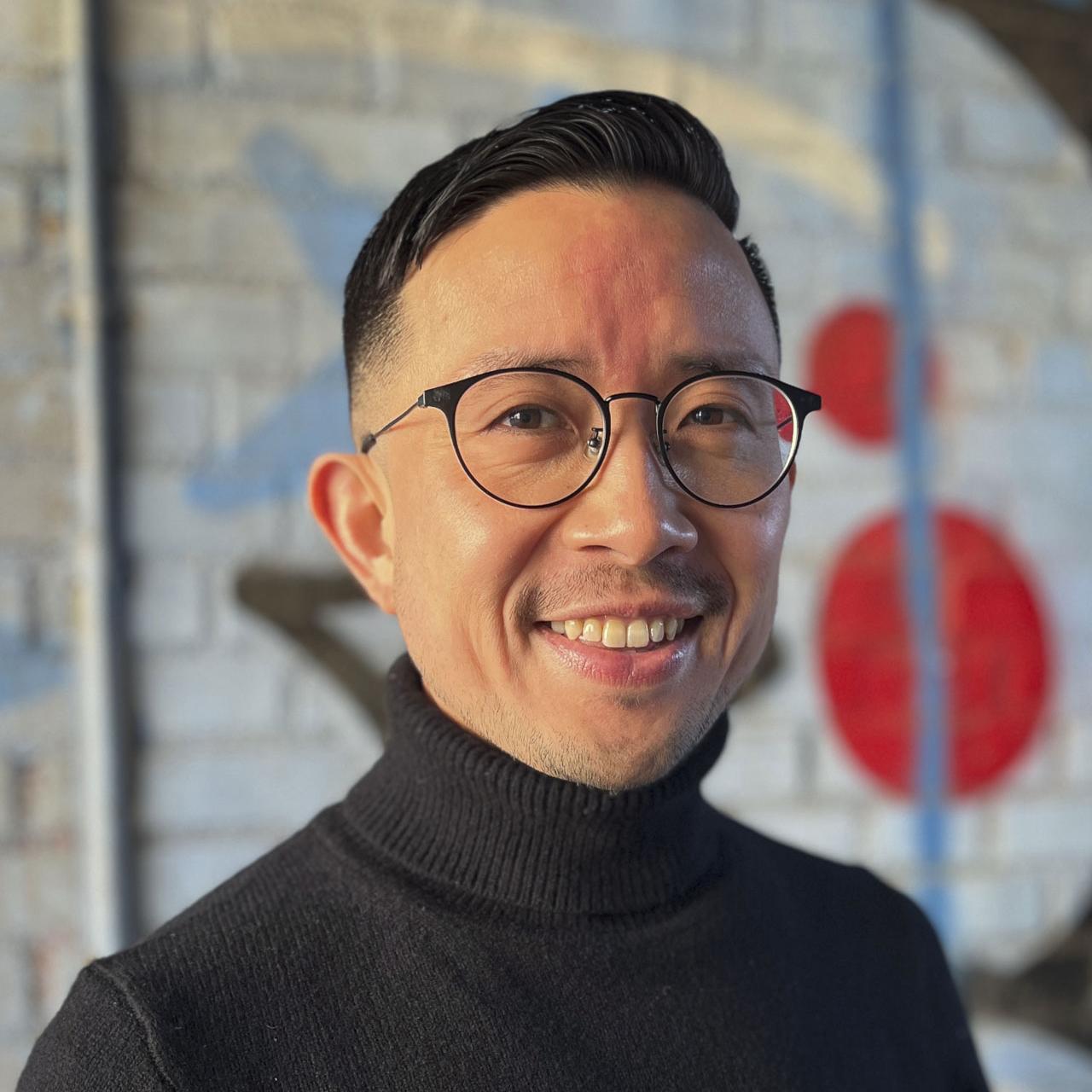 | Masayoshi Yamada holds a Ph.D. in history from the University of California, Los Angeles. His research examines the intersection of popular music and social change, with a focus on the political potential of listening in the 20th-century United States and globally. His book project on the history of jazz fandom explores how jazz listeners transformed the social space of music listening into a site for advancing racial justice, both locally and transnationally, throughout the Great Depression, the long Civil Rights Movement, the Cold War and the postindustrial era. His faculty host is Benjamin Piekut, professor of music. |
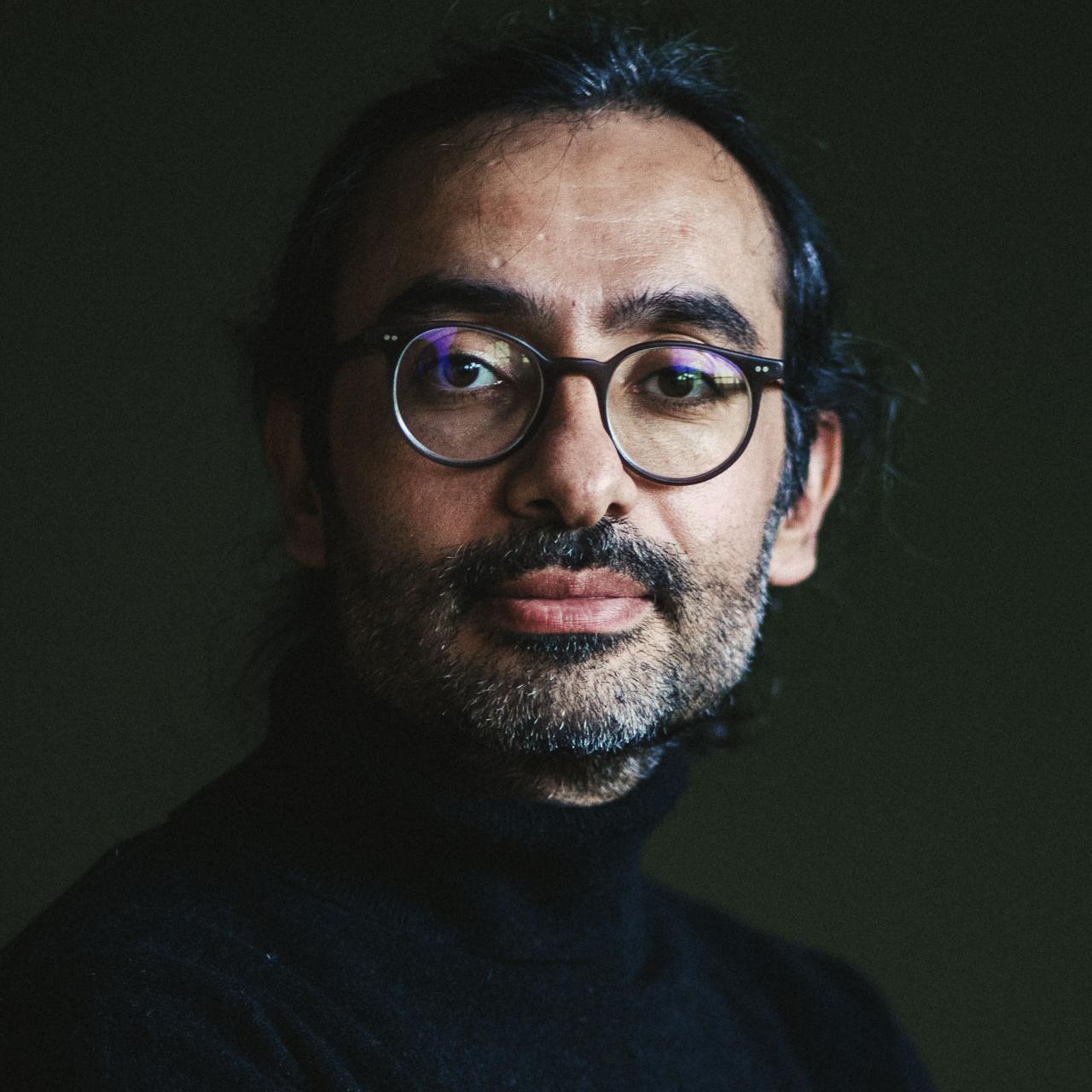 | Hamed Yousefi is a doctoral candidate in art history at Northwestern University. His research project questions the formative assumption in art history that modern art is secular. Following the consequences that emerge from the invention of the category of “Islamic art” in modern scholarship, he examines the careers of six Iranian-born artists who variably lived and worked in Iran, Europe, and the United States between 1880 and 1980, to show how and why artists refashioned the Islamic notion of imagination (khayal) and Neoplatonic image theories in response to new questions concerning reality and representation in this period. His faculty host is Seema Golestaneh, associate professor of Near Eastern studies. |

